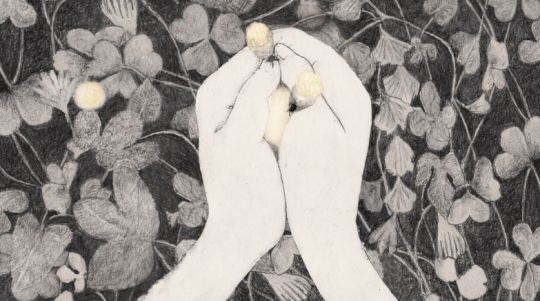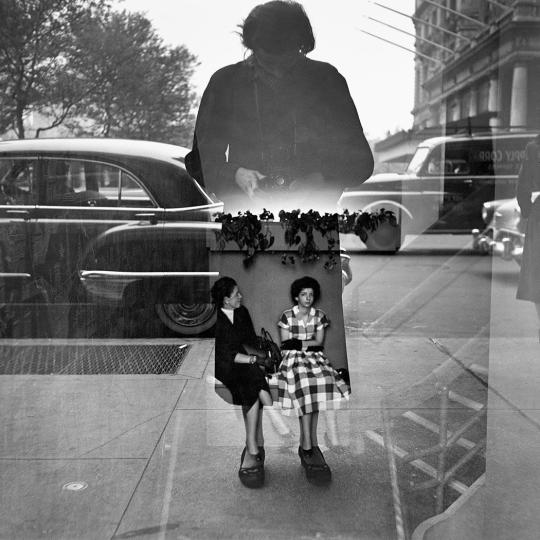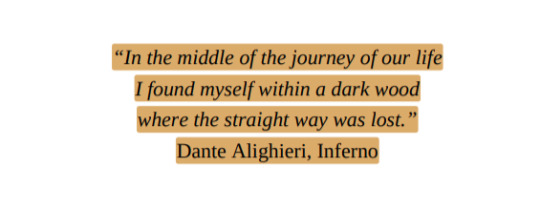Text
Don’t ever put your happiness in someone else’s hands. They’ll drop it. They’ll drop it everytime.
C.Barzak
22K notes
·
View notes
Text
0 notes
Text
2 notes
·
View notes
Text
"You know, love doesn't mean "l never want you to change." But I don't think it means "I don't care if you change" either. So I suppose it might mean, "I believe that you'll always be the person I adore." A declaration of faith, perhaps."
– Sayaka Saeki, やがて君になる (Bloom into You), Via "freckled-lili" on Tumblr
32K notes
·
View notes
Note
Any New Year’s resolutions?
So far, to achieve mental stability. Or keep working towards it at least.
3 notes
·
View notes
Photo


December 12, 1929 The early diary of Anaïs Nin, 1903-1977
1K notes
·
View notes
Text









you don't have to be good
Japanese Breakfast, Oscar Wilde, John Steinbeck, Wu Ruo Hsin
buy me a coffee
7K notes
·
View notes
Quote
The trick of living is to slip on and off the planet with the least fuss you can muster.
Paul Newman
0 notes
Photo








vivian maier’s self portraits taken in new york and chicago between 1950s and 1960s. her photos was discovered after her death. she worked as a nanny for over 40 years, mostly in chicago and photographed at the same time as a hobby
31 notes
·
View notes
Text
Vivian systematically refused to let herself be photographed. She preferred her self-portraits and has taken more than six hundred of them.
Anne Morin, curator, comments: “The self-portrait allowed Vivian to produce an irrefutable proof of her presence in a world in which she had no place.”






37 notes
·
View notes























